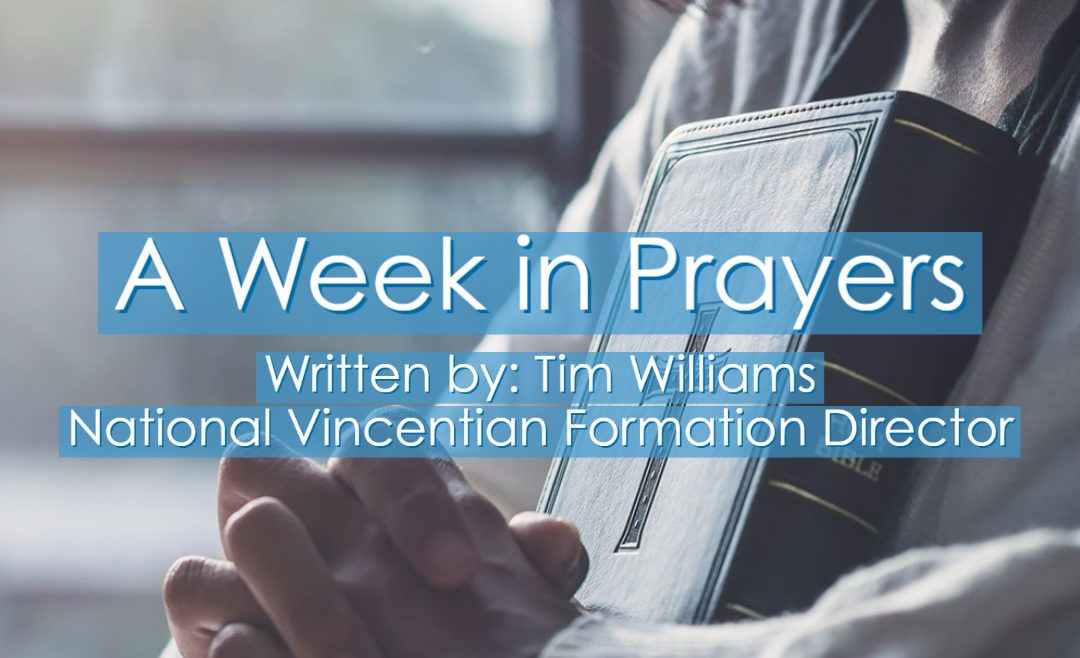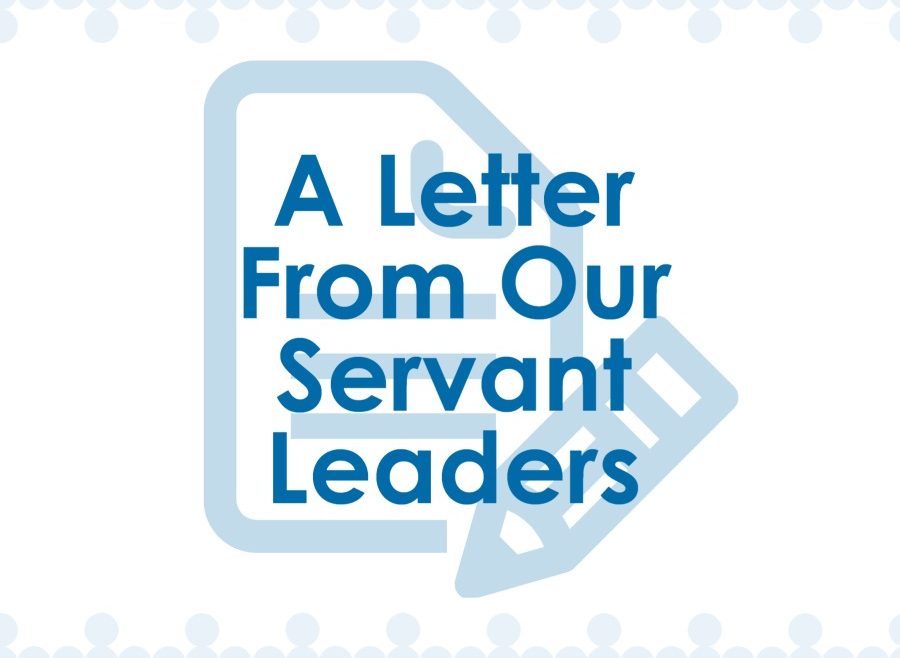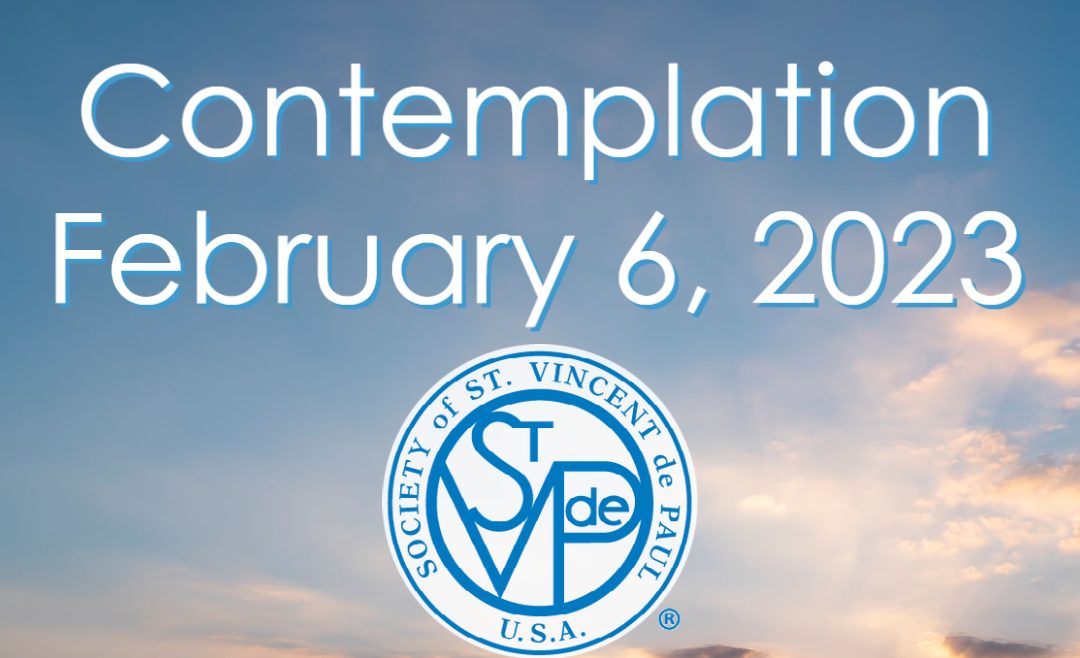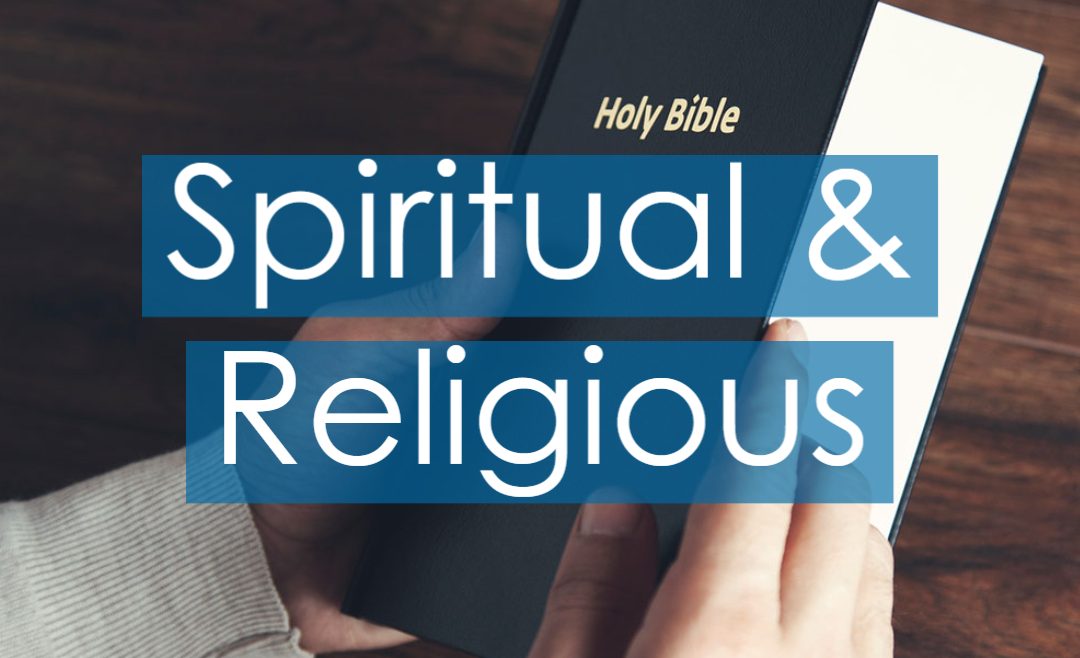Monday, February 6
Heal me, Lord, in Your mercy,
Make me free in both body and soul.
May I rise in Your love every morning
And sleep in Your peace every night
And through all of my waking hours
May I serve You with all of my strength.
Amen
Tuesday, February 7
Pray for us Blessed Rosalie Rendu!
May our faith, like yours, be fearless;
A beacon in turbulent times.
May we live your example in serving
By offering first our hearts.
Pray for the Society, Blessed Rosalie,
As you’ve prayed for us from the start.
Amen
Wednesday, February 8
O Lord, in Your promise is joy,
For Yours is the word of life.
You fill my heart,
And You fill my soul,
And I overflow with Your light.
Amen
Thursday, February 9
Lord Jesus, Your voice cries out,
Insistent, persistent, unceasing,
From the mouth of the stranger,
The orphan, the widow,
The beggar, the neighbor in need.
Grant me patience for each interruption.
Knowing that my time is Yours.
Help me always to answer You gently.
Amen
Friday, February 10
I give my heart to You, O God,
In gratitude and love
Make my will Yours
So that Your great love
Will shine upon my neighbor
Through my works
Amen









